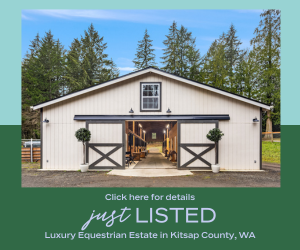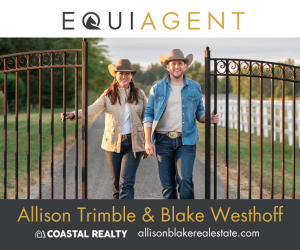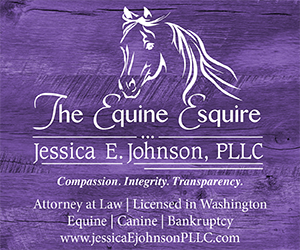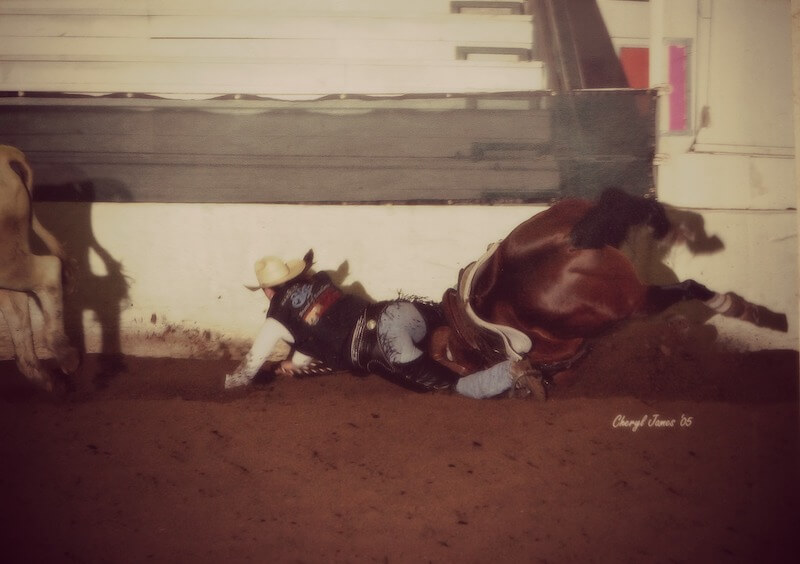Part 1: Acknowledging the Obvious
by Allison Trimble
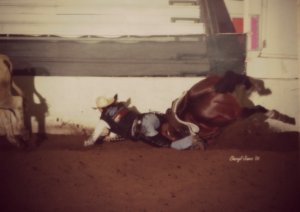
It is common to come across people with varying levels of fear with regards to their horses. That fear can range from mild to severe and can affect training and competition. In some cases it prevents people from doing the one thing that they love most: ride.
It may surprise you to know that I am not a risk taker or an adrenaline junky. The only place where I have ever wanted to take risks is on the back of a horse. My parents have often expressed how surprised they are that I train and compete in cow horse competition because it goes against my nature. The fence work in competition is very fast and the turns are quick. I have had a couple of wrecks when horses have lost their footing and sustained many injuries during my career as a trainer, but have been fortunate to have never been critically injured. However, I know about fear. I have experienced it up close and personal.
About 6 years ago at a futurity, I watched a competitor I knew get killed during fence work. The memory is still vivid: the horse tangling feet with the cow and stalling mid-roll, feet in the air, its saddle in the middle of the rider’s back. The woman never moved again. I have not been able to erase that image from memory. For many years, there wasn’t a time I turned the corner to take a cow down the fence that it didn’t flash through my mind. It was a long road to getting over that fear. In the same year, another prominent cow horse trainer lost her life as she was slammed into a wall by a horse. It was a tough year for our industry.
Most people’s fears are simpler than those extreme, specific examples, but it still boils down to fear of injury. The reality is that horseback riding is considered an extreme sport because horses are large and powerful. All horses are athletes by nature, and they are driven by flight or fight responses. Fear is nature’s way of protecting us from danger. It serves a very important purpose and shouldn’t be ignored. However, horses feed off of fear and when the rider/handler is fearful it makes things worse. The fear I often hear described stems from a lack of understanding and a fear of loss of control. These same people are all too often matched with a horse that is way out of their ability level. They also lack tools to approach problems logically and safely. They understand that trust is important, but they don’t know what that means, or how to find that bond with a horse.
One of the things that helped me begin to overcome fear was to learn to trust MY training and MY horse. I realized I could feel confident in my ability to control or react to most situations. Fear of the unknown is something that can be remedied with time and experience. A tougher fear to overcome is that which comes after an accident. Even the most experienced horseperson can struggle to come back after a wreck as they discover they now lack confidence in a place where they once felt at home. In my line of work, I expect a certain amount of being beat up. I have been kicked, drug, bucked off, fallen on, rolled over, bitten, and had a pitch fork kicked into my face. I have many portions of my body where there is literally no feeling. When I encounter a familiar situation where something negative happened, alarm bells go off in my head. Percentage-wise, for the number of rides I have put on horses over the years, I have been very fortunate. I believe that a lot of that is because I am a risk minimizer by nature and learned from each experience. “Alarm bells” are there to keep us safe; our education is there to tell us what to do to prevent or deter a situation.
Some of you might be thinking of a terrifying memory or specific fear—realized or not—while reading this. It is foolish to think that you will never get a bruise from your horse, but I promise that if you truly can’t live without horses in your life there is a way to deal with fear. Tune in next month for Part 2, managing fear.
Published March 2013 Issue
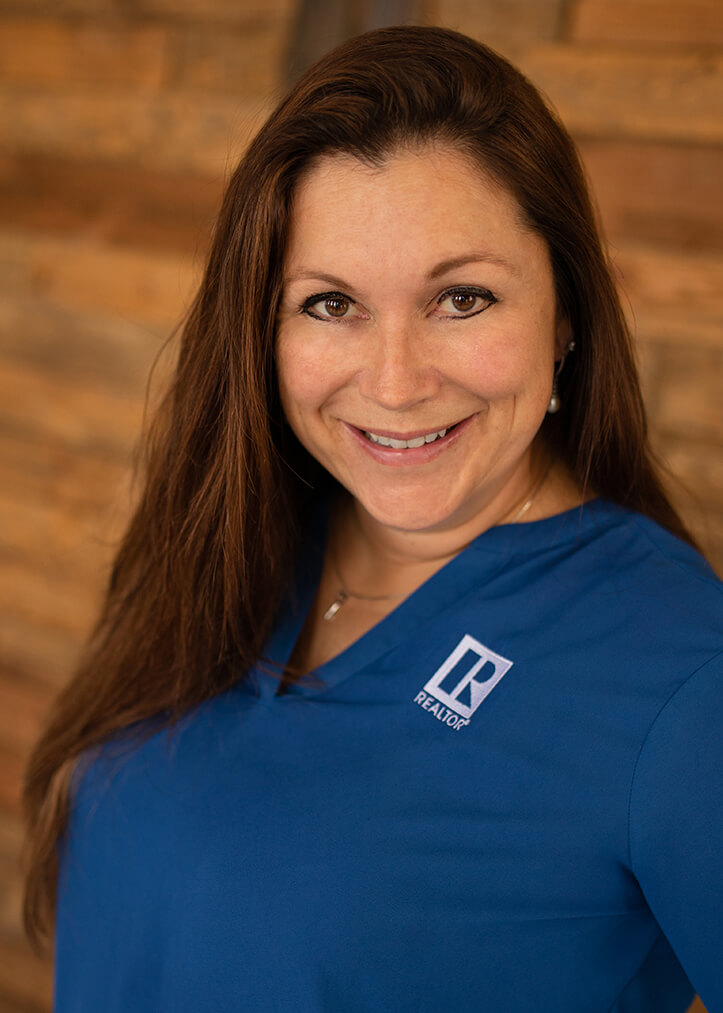
Allison Trimble is a Realtor® specializing in equestrian properties, farm and ranch properties, and residential real estate. She’s a former horse trainer, and a current owner, breeder, and non-pro competitor in cow horse and reining events. For many years, Allison wrote a monthly column for The Northwest Horse Source.
Learn more at www.allisonblakerealestate.com


